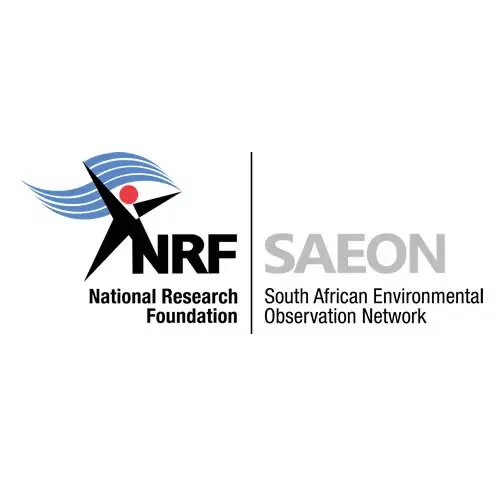Employment Information
Key Responsibilities:
- Manage the operational performance, maintenance, and upgrades of the Cathedral Peak (CP) LTER observation platform, ensuring continuous data collection and functionality.
- Conduct routine monthly sampling and maintenance of the CP instrumentation network and assist with other platforms as needed.
- Conduct pre-testing, deployment, commissioning, calibration, and servicing of instrumentation, including repairs and inspections.
- Oversee logistical planning and risk mitigation for field operations, including security measures, safety protocols, route access and equipment protection from fire.
- Drive innovation through the evaluation of new technologies, system improvements, and custom technical solutions.
- Ensure high-quality data through downloading, QA checks, and processing aligned with SAEON data protocols.
- Maintain metadata, field logs, and documentation; manage uploads to the open data portal and relevant repositories.
- Support field research by assisting SAEON staff, students, and collaborators with technical and logistical needs.
- Share data with stakeholders, collaborators, and land custodians, ensuring traceable proof of distribution.
- Develop and contribute to dashboards, visualizations, and graphics to support reporting and data interpretation.
- Operate and tow the 8m boat for periodic inland water sampling linked to observational studies.
- Participate in internal and external technical forums to standardize protocols and advance instrumentation and data practices.
- Contribute to publications, policy briefs, social media content and e-news articles, to enhance SAEON·s visibility and impact.
- Mentor interns in instrumentation, field protocols, and data systems; support their technical development.
- Manage field assistant performance through structured planning, monitoring, coaching, and personal development support.
- Lead inventory and asset tracking, including photographic documentation and lifecycle management of the nodes equipment
- Ensure maintenance and compliance of vehicles, boats, and trailers per safety and regulatory standards
- Identify needs and assist in procurement related to the observation platform through contributing expert input on technical specifications and supporting SCM processes.
- Uphold financial and supply chain practices in line with PFMA, Treasury, and NRF policies, leading bid committees (BSC/BEC) when required.
- Support science engagement and outreach activities, including stakeholder interaction and learner development programmes.
- Implement health, safety, and environmental compliance measures across field sites, ensuring collaborators complete risk assessments and that all regulations are followed, including EKZNW protocols.
Key Requirements:
Qualification:
- BTech, BSc Hons (NQF 8) in a field related to instrumentation, climatology/meteorology/micrometeorology, agrometeorology,
- hydrology, air quality/atmospheric chemistry, biogeochemistry, physics, chemistry, environmental science or engineering
- MSc or MTech will be advantageous
- Valid Drivers license. EB or compliant for pulling a trailer (Boat) would be advantageous
- Skippers licence would be advantageous, or must be willing to acquire
- Remote Pilot Certificate would be advantageous, or must be willing to acquire
Experience:
- 3-5 years experience working with hydrometeorological instrument arrays or similar equipment and sampling protocols
- 2-3 years experience (inclusive) working in remote areas.
- Regular off road driving experience experience more than 3 years
Knowledge:
- Working knowledge of fieldwork logistics, including risk management and health and safety procedures
- Technical understanding of a variety of environmental instruments, including advanced systems like Eddy Covariance
- Experience with instrumentation development, installation, calibration, troubleshooting, and maintenance
- Competency in using power tools, operating heavy machinery, and managing technical equipment
- Familiarity with data management principles, including data visualisation and presentation
- Basic coding skills (e.g., R, Loggernet), with advanced proficiency considered advantageous
- Basic proficiency in Zulu for regional communication would be advantageous
- Knowledge of working at heights and fall arrest procedures (advantageous)
- Understanding of drone operation and associated regulations (advantageous)
- Strong writing and reporting abilities
- Effective organisational, planning, project coordination, and problem-solving skills
- Strong interpersonal and communication skills for working with diverse teams and stakeholders
- Ability to work independently after orientation, performing routine servicing and data collection from complex instrumentation systems
Job location
South African Environmental Observation Network (SAEON)Field Technician: Instrumentation 1 Vacancy-Permanent 56 Florence St, Colbyn, Pretoria, Gauteng, South Africa |


